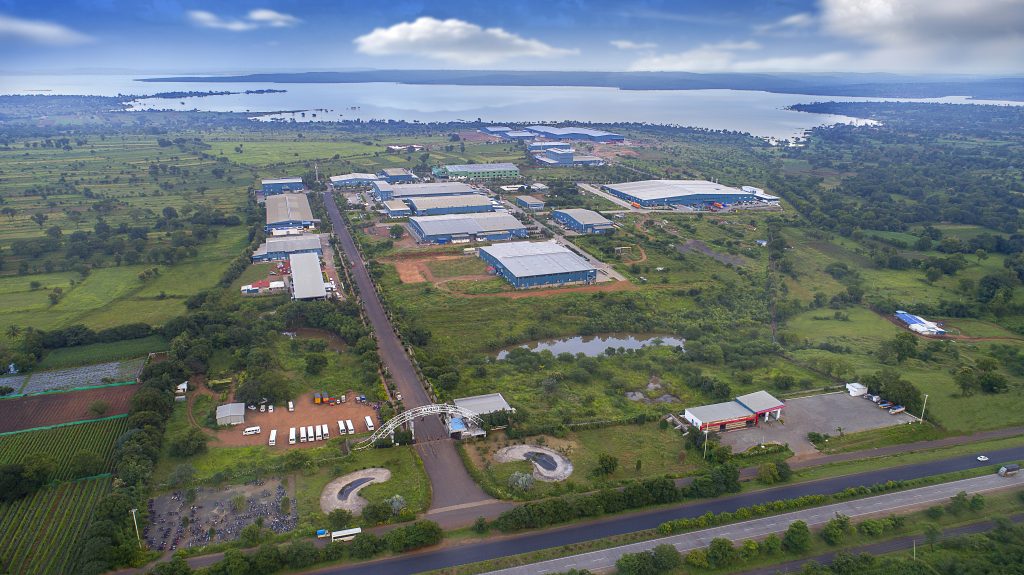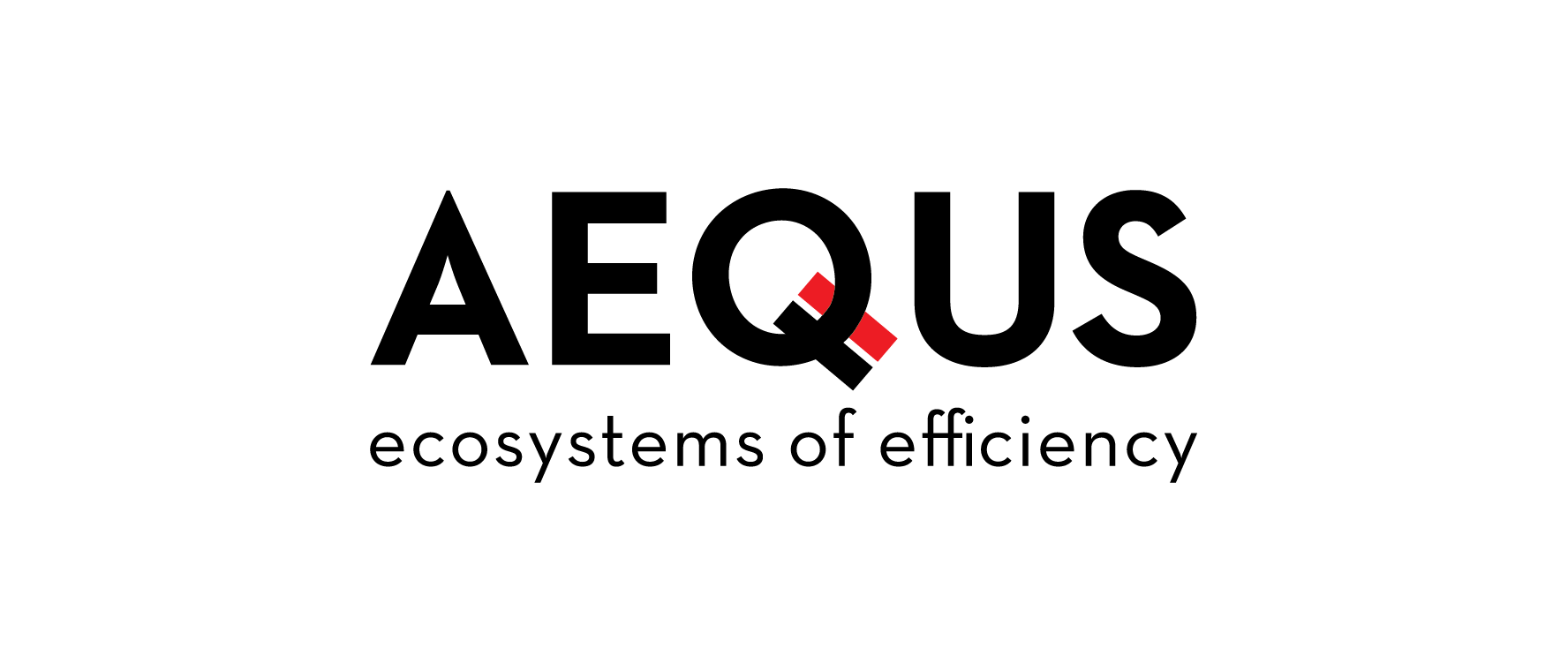
Aequs operates the Belagavi Aerospace Cluster (BAC), which is perhaps among the most sustainable Aerospace manufacturing sites in the world. It offers the lowest carbon footprint per part in the industry.
In the Aerospace & Defense industry, sustainability has become the main topic of conversation with the global aviation sector setting 2050 as the year for achieving net zero carbon emissions.
Not surprisingly, aerospace supply chain players are focusing on addressing areas in their operations to integrate sustainability into every sphere from design to production. OEMs and suppliers alike are also increasingly engaging with each other to leverage the ecosystem to reduce their carbon footprint, energy consumption and reduce wastage in the system for sustainability gains.
Sustainability may still be a topic of conversation for homegrown Aerospace companies in India, but for Aequs it is the core benefit the company offers for customers.
Aequs set up India’s first private sector Aerospace SEZ some 15 years back in Belagavi, Karnataka and has established India’s first end-to-end, sustainable aerospace manufacturing ecosystem.
The vertically integrated aerospace manufacturing ecosystem serves global aerospace OEMs and prides itself of putting on board some part or the other on every airliner in the world.
The campus houses over 1 million square feet of manufacturing area including India’s largest machining facility, which delivers 1 million+ machining hours per year. The collocated units offer the entire aerospace manufacturing value stream from forging, precision machining, to special processing and aerostructure assemblies. Aequs’ facilities in the USA and France complement its India operations in delivering to customer requirements more effectively.
One of the ways in which Aequs is able to reduce its environmental impact is through the use of lean manufacturing techniques. This approach emphasizes the efficient use of resources, minimizing waste and maximizing productivity. It is able to reduce the amount of energy and materials used in the production process, resulting in a smaller carbon footprint.
Aequs is also investing in renewable energy sources and has a goal to be 100% green energy dependent by 2025 by installing rooftop solar systems at all its facilities. Aequs also uses green building materials and practices, such as rainwater harvesting and sewage treatment, to reduce its water footprint.
Most importantly, at the root of its claim of being the most sustainable Aerospace manufacturing set up, perhaps in the whole world, is the very way it is modeled.
Typically, aerospace components are moved across continents for the next step in the manufacturing process. For instance, the raw materials may be sourced from locations as diverse as Russia and Canada to be moved to manufacturing centres in Europe, North America, China or for that matter even India. And every step thereafter needs the part to be transported to another location adding on to the miles behind every component that is made.
However, the facilities at the BAC are designed to reduce the carbon footprint of parts by minimizing their movement along the manufacturing value chain to the barest minimum, within 500 meters, unlike any other location in the world.
The BAC also houses the biggest forging press in the country for aerospace components and parts, at 10K tons. Aequs has also kicked off various new initiatives like rolling out smart factory systems, strengthening and in-shoring raw material supply base, and increasing operational efficiencies to reduce the carbon footprint of parts made at the BAC.
In conclusion, Aequs is leading the way in India’s aerospace industry by setting up India’s first end-to-end, sustainable aerospace manufacturing ecosystem at the Belagavi Aerospace Cluster. The BAC is an attractive destination for global aerospace OEMs, who are looking to reduce their carbon footprint and energy consumption while increasing operational efficiencies.
